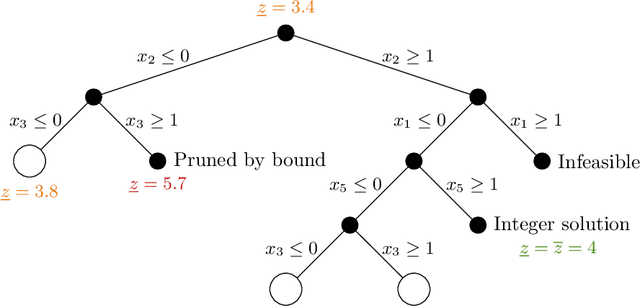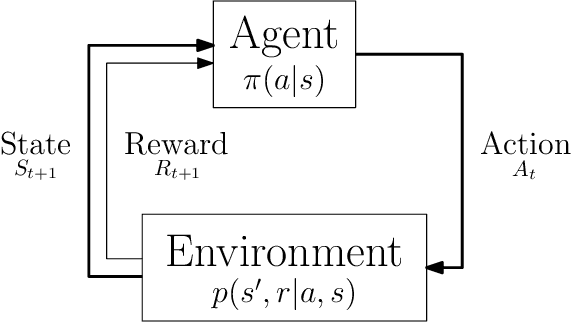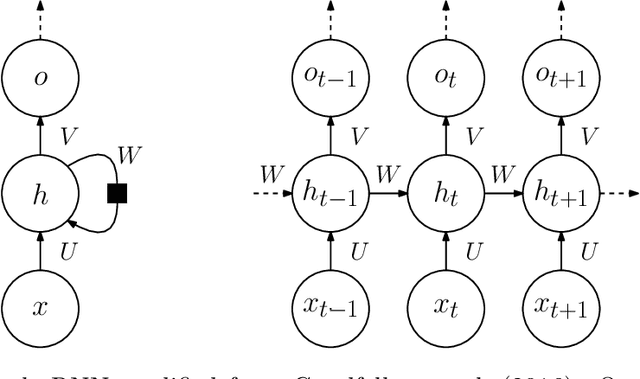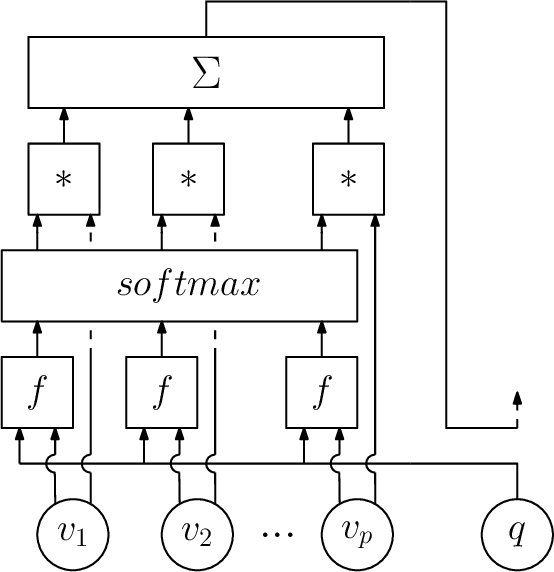Machine Learning for Combinatorial Optimization: a Methodological Tour d'Horizon
Paper and Code
Nov 15, 2018



This paper surveys the recent attempts, both from the machine learning and operations research communities, at leveraging machine learning to solve combinatorial optimization problems. Given the hard nature of these problems, state-of-the-art methodologies involve algorithmic decisions that either require too much computing time or are not mathematically well defined. Thus, machine learning looks like a promising candidate to effectively deal with those decisions. We advocate for pushing further the integration of machine learning and combinatorial optimization and detail methodology to do so. A main point of the paper is seeing generic optimization problems as data points and inquiring what is the relevant distribution of problems to use for learning on a given task.
 Add to Chrome
Add to Chrome Add to Firefox
Add to Firefox Add to Edge
Add to Edge